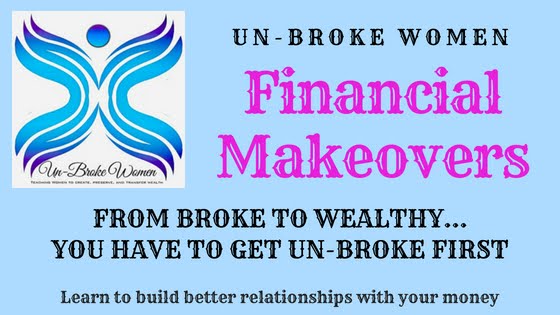There are 2 ways to
work towards your financial freedom:
1. Figure out how much
money you need annually to live comfortably, to at least maintain your current
standard of living. Then, take that number and divide it by 0.4% to find out
the total amount of money you need to have set aside. When you invest this money (once your reached your number) and generate at least 4% interest, it will generate the income you need.
2. Figure out how much
money you need annually to live comfortably, to at least maintain your current
standard of living. Then, work on building assets that generate enough money
annually to provide that amount without you holding a job. These assets can be:
real estate investments, businesses, investments.
Visualization
of your goals is important, and so is planning. You either plan your work, and
then work your plan; or you fail to plan, and then you plan to fail. The
reason why planning your finances is probably your most important plan, is that
all your dreams and goals will be in some way connected to money.
Writing
down your goals and having a vision board will help you find ways to achieve
your goals; your brain will come up with ways to lead you to what you most
desire. Which also means you must be very certain that your really desire those things you claim to want. Part of the planning and mapping of your goals will include coming up
with the money to achieve some of your goals. Of course some goals like
happiness and health don’t have a price tag. Others like a trip, college
education or a new house or car, come with a price tag that must be known.
It
may seem simplistic to say that if you know how much something costs you can
start working on achieving that. However, even though it is simple, that is how
it is done. I’m not saying it is easy – otherwise everyone would achieve their
goals. But it is simple – in 3 steps: see it, map it and plan it. All that is
left is the hardest part: doing it.
When
setting your goals, keep in mind that they must be SMART in order for you to
reach them: Specific, Measurable, Attainable, Relevant and Time-bound. In order for you to achieve your goals, they have to fit in this SMART description. So if your goals are vague - ie. I want more clients, I want to make lots of money - you need to redefine those goals. It is not good enough to want more money; your brain does not work on anything so vague. So think instead: How much money? ("a lot" is not a number - therefore it is neither Specific, nor Measurable) When do you want to have the money by? (give yourself a deadline) And, perhaps most importantly, make sure your goals are Relevant: do you really want it? Is it Relevant to you?
If
you are a successful business woman, whether you own the business or lead a
corporation, you probably rely on a board of advisers. You may call them
mentors, business partners or directors. They are your sounding board when it
comes to ideas regarding business growth and what is the best way to implement
new ideas to achieve the objectives. But how about your financial life? Do you
have a board of directors to run your ideas by? Do you have an accountant who
knows your like and your story to help you lower your taxes? Do you have an
investment adviser who looks out for your best interest in a fiduciary
capacity?


